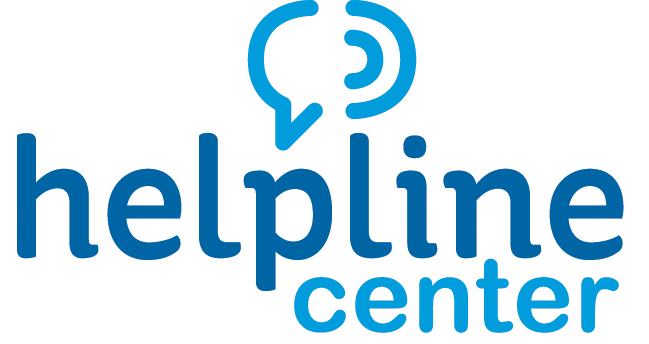Involuntary Commitment (IVC) for Substance Use Disorder
If you believe someone you know is an immediate danger to self or others, call 911 for a well-being check. As a family member or close friend, if you believe your loved one is in danger, you can get involved by seeking involuntary commitment.
What is Involuntary Commitment for Substance Use?
If your loved one is not able or willing to seek treatment, a legal proceeding called an involuntary commitment (IVC) may be necessary to get them the help they need. An IVC for substance abuse is when someone with a substance abuse disorder can be legally obligated to obtain emergency treatment.
In order for an IVC order, the individual must meet criteria in South Dakota law (SDCL 34-20A-63) which includes both being a substance user who continually lacks self-control when it comes to their alcohol and/or drug use and one of the following:
- Has threatened, tried, or caused physical harm to themself or to another or is likely to cause harm to another or self
- Is incapacitated by the effects of alcohol or drugs
- Is using drugs or alcohol while pregnant
There is a specific process for IVC. It protects the person who makes the request and the person who may be in need of treatment.
Step 1: Petition
- Any responsible person – like a spouse, relative, friend or physician – may apply to the Clerk of Courts in the county where the person has residence or is currently located. The person filling out the application is called the petitioner and the person named in the application is called the respondent.
- The Clerk of Courts gives the paperwork to a judge, who appoints an attorney to represent you (as the petitioner).
- An addiction counselor will complete an assessment and make a treatment recommendation.
- Within five days, the attorney completes and submits a petition, along with reports from an addiction counselor, to the courts alleging that your loved one needs to be committed.
Even though you made a petition/application, it does not mean that your loved one will be committed.
Step 2: Hearing:
- Right to Attorney: The respondent has the right to their own attorney.
- Time frame: A hearing will be held within 10 business days.
- Testimony: The petitioner and the addiction counselor could be requested to testify at the hearing. The respondent will be present in court, except if their presence is likely to cause damage or harm to the person testifying.
- Decision: The Judge will determine if commitment requirements are met based on the testimony of the petitioner and the addiction counselor.
Step 3: Commitment
- Treatment services:
- Will be arranged by the addiction counselor who completed the substance use assessment. Treatment will be based on their recommendations. I
- Involuntary commitment:
- The commitment period is up to 90 days, and it may include inpatient treatment, residential treatment or outpatient treatment services.
- The actual length of the commitment is based on the individual’s needs.
Payment
Please be aware that payment for treatment services, under the involuntary commitment, may be assigned to insurance, private pay, other 3rd party payers, a combination of state and federal funding, or Medicaid.
For more information, call 988 or search our online database:
Try the following keyword search terms:
- 911 Services
- County Clerk of Courts Offices
- Involuntary Substance Abuse Treatment Orders
- General Assessment for Substance Abuse
Sources/Resources:
- South Dakota Codified Laws https://sdlegislature.gov/statutes/Codified_laws/DisplayStatute.aspx?Statute=34-20A&Type=Statute
- South Dakota Department of Social Services
Disclaimer: This HelpSheet is developed by the Helpline Center. HelpSheets provide a brief overview of the designated topic. For more information, call 211 or text your zip code to 898211.
Updated: July 2024






